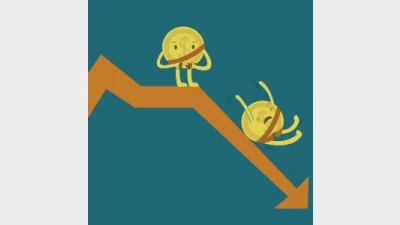Further underperformance likely for IOOF



IOOF has been identified by UBS as a stock that is ‘still at risk’ of underperformance as its shares fall 56% since the start of the year.
UBS said the firm had been dented from a reduction in wealth management income while fund flows would be affected by market volatility.
Shares at the firm were trading at $7.88 at the start of the year and had now fallen to $3.46.
As well as the ongoing market volatility caused by the COVID-19, it was announced in February that the firm would be subject to a second shareholder class action suit from Shine Corporate.
The suit sought to recover losses suffered as a result of alleged non-disclosures and potentially misleading and deceptive conduct. IOOF responded by stating it intended to defend the suit in Federal Court.
The fall wiped out nearly all of its gains for 2019 when it rose 63% against returns of 23% by the ASX 200.
In its note, ‘COVID-19, positioning for a recession’, the firm said: “The recent equity market sell-off reduces wealth management income for AMP and IOOF holdings, with net fund flows likely to be reduced due to market volatility.
“Our analysts estimate a 10% fall in equities could see a 9.6% PBT impact for AMP and 16.5% PBT impact for IOOF.”
Markets have been volatile worldwide as a result of the COVID-19 fallout with the ASX 200 down 25% since the start of 2020.
Share price performance of IOOF over one year to 18 March versus ASX 200
Recommended for you
Ethical super fund Australian Ethical has announced the appointment of Anthony Lane as chief operating officer.
The structural shift towards active ETFs will reshape the asset management industry, according to McKinsey, and financial advisers will be a key group for managers to focus their distribution.
ASIC has warned that practices across the $200 billion private credit market are inconsistent and, in some cases, require serious improvement.
A surge in electricity prices has driven the monthly Consumer Price Index to its highest level in a year, exceeding forecasts.










